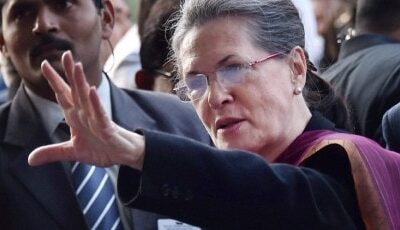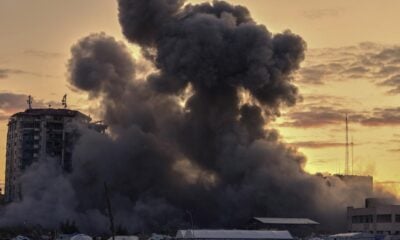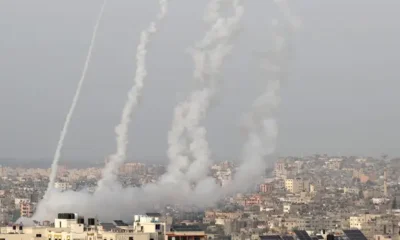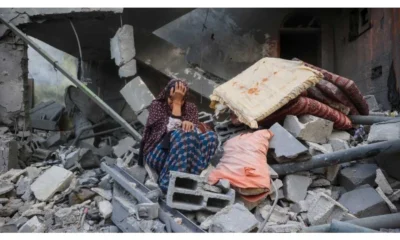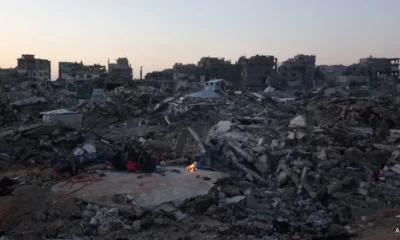A fragile ceasefire has descended upon the war-torn Gaza Strip, marking a tentative pause in the protracted conflict between Israel and Hamas. The truce, brokered by Qatar and effective as of 9:15 GMT (11:15 local time) on January 19, represents a significant, albeit temporary, de-escalation in a conflict that has claimed the lives of thousands and left a trail of devastation in its wake. The agreement’s precarious nature is underscored by the fact that its implementation directly depends on the release of Israeli hostages held by Hamas.
The initial phase of the ceasefire, designed to last for 42 days, is contingent upon Hamas fulfilling its commitment to release a first tranche of 33 Israeli hostages from the approximately 98 still held captive.
To initiate this crucial first step, Hamas publicly released the names of three female hostages: Romi Gonen, Emily Damari, and Doron Steinbrecher. This symbolic gesture served as a crucial catalyst, paving the way for the cessation of hostilities. However, the delay in the ceasefire’s implementation, initially scheduled for 8:30 AM local time, highlighted the deep-seated mistrust and the complexities inherent in negotiating a lasting peace.
The Israeli government, under Prime Minister Benjamin Netanyahu, insisted on receiving the complete list of 33 hostages before committing to the ceasefire, emphasizing its unwavering resolve to secure the release of all its citizens.
The exchange of hostages is not a one-sided affair. In return for the release of the Israeli captives, Israel has pledged to release approximately 2,000 Palestinian prisoners currently incarcerated in Israeli prisons. This reciprocal element underscores the delicate balance involved in brokering a ceasefire and the intricate negotiations required to achieve a mutually acceptable agreement.
The release of these Palestinian prisoners represents a substantial concession on Israel’s part, reflecting the high stakes and the complex political calculations involved in ending the prolonged hostilities.
The ceasefire’s fragility is underscored by the ongoing uncertainty surrounding its longevity and the prospects for a more sustainable peace. The 42-day timeframe represents only the first phase, with discussions planned for a second phase to commence in two weeks.
This limited timeframe highlights the tentative nature of the agreement and leaves open the possibility of renewed conflict should the negotiations for a second phase falter. The limited scope of the truce emphasizes the deep-seated challenges and the long road ahead toward achieving a durable peace in the region.
Even with the ceasefire in effect, the shadow of violence continues to loom large. Despite the official commencement of the truce, reports indicate that Israeli airstrikes persisted until the complete list of hostages was provided, illustrating the tension and the unresolved issues that continue to threaten the fragile agreement. This underscores the deep-seated mistrust between the two sides and the difficulty in transitioning from a state of active conflict to a period of sustained peace.
The conflict, which began with the October 7, 2023, Hamas attack that resulted in the deaths of approximately 1,200 Israelis and the capture of hundreds, has unleashed a cascade of violence that has left an indelible mark on the region. The subsequent Israeli offensive has resulted in the deaths of more than 46,000 Palestinians, according to local health officials.
These staggering casualty figures serve as a stark reminder of the devastating human cost of this protracted conflict and the urgent need for a lasting solution. The path to peace remains arduous and fraught with obstacles, but the current ceasefire offers a glimmer of hope, albeit a fragile one, amidst the ruins of war.
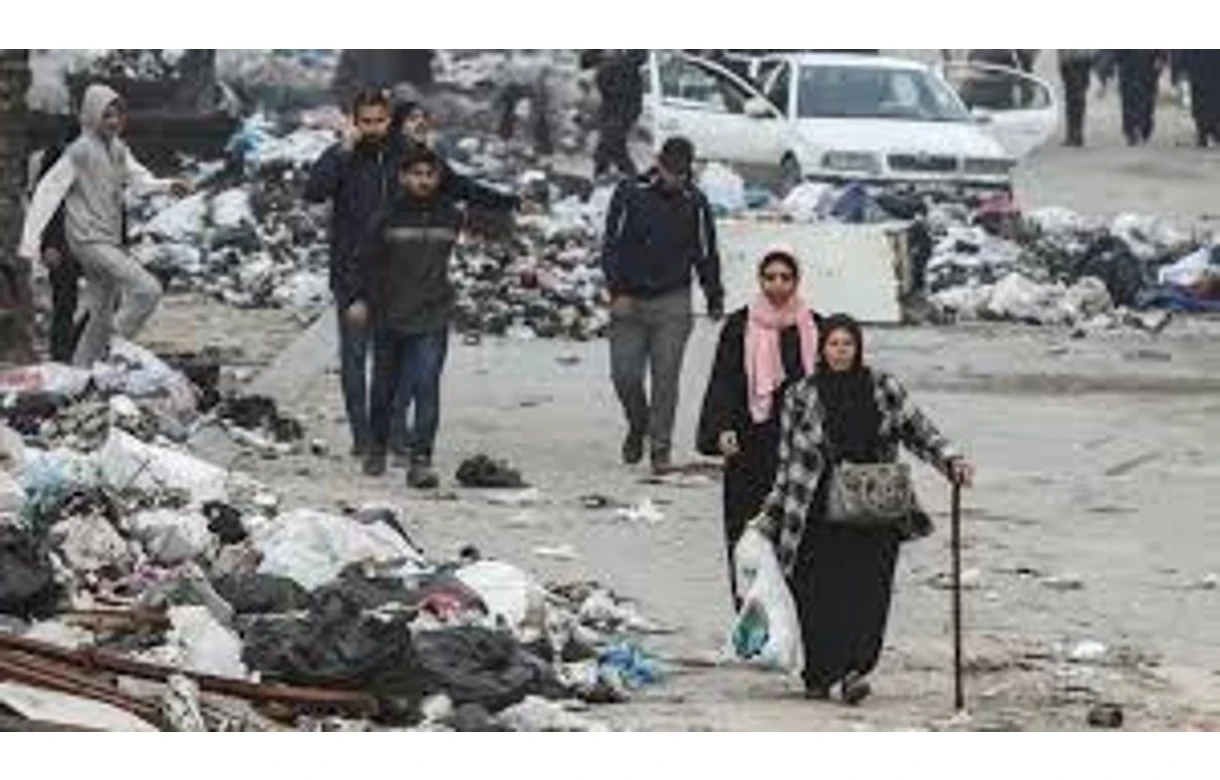

 LATEST SPORTS NEWS6 hours ago
LATEST SPORTS NEWS6 hours ago
 India News6 hours ago
India News6 hours ago
 India News6 hours ago
India News6 hours ago
 India News7 hours ago
India News7 hours ago
 Latest world news18 mins ago
Latest world news18 mins ago
